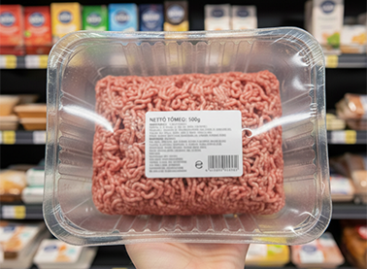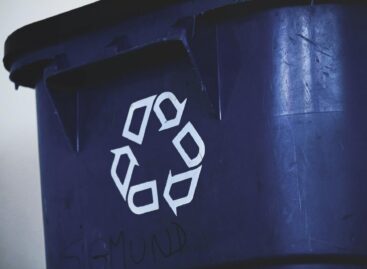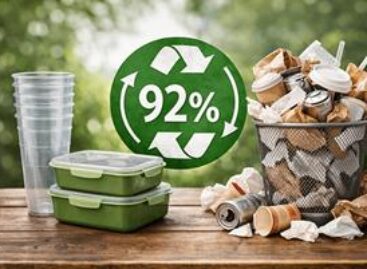Will plastic pollution triple? – the latest compilation of Körkörös.hu
Although plastic pollution is already one of the most pressing environmental challenges of our time, global plastic production is increasing every year, just as the number of plastics entering the environment is predicted to increase drastically in the future. According to the Advisory Board of the European Academies, for example, 493 million tons of plastic waste is expected to end up in fresh waters, seas and oceans in 2060 instead of 140 million tons in 2019. This time, the Körkörös.hu trade portal, which focuses on problems and solutions related to plastic products, investigated what international measures have been taken so far and what we ourselves can do to reduce plastic waste.
Globally, the amount of 353 million tons of plastic waste measured in 2019 is expected to almost triple to 1,014 million tons by 2060, and greenhouse gas emissions from the product cycle of plastic production and use will more than double, to 4.3 billion tons of carbon dioxide equivalent. is on the rise – the Scientific Advisory Board of the European Academies, EASAC, states in its commentary summarizing the latest research, which it gave to one of the 2022 reports of the Organization for Economic Co-operation and Development, the OECD, in February of this year.
It is also an important figure that, according to the forecast, more than two-thirds of the amount estimated at one billion tons will be made up of various types of packaging and other, also short-use plastics. Considering the current trends, half of the plastic waste ends up in landfills, 18% is used in incinerators – which means that a gigantic amount of plastic waste ends up in nature.
What do the academies offer?
No less than a far-reaching international convention such as the Montreal Protocol for the protection of the ozone layer in 1987 (which successfully limited the emission of ozone-depleting halogenated hydrocarbon derivatives).
EASAC recommends comprehensive reforms to protect habitats and human health: scientists believe that the consequences of the linear plastic economy can only be reversed if we switch to a circular economy: that is, there is no unnecessary plastic production and consumption, all plastic is recycled.
The plastics industry would be regulated, determining the use of polymers according to product types, and products that cannot be separated in waste treatment plants would only be allowed to be manufactured from one type of plastic. In their opinion, the use of additives should also be limited, so that only compounds that do not hinder the reuse of plastic could be used.
We need to recover simpler compounds and heat energy from unsorted plastics that are about to be recycled by chemical treatment, pyrolysis or energy-recovery incineration.
Related news
Oversized packaging not only deceives the customer, but also violates the principles of the circular economy
🎧 Hallgasd a cikket: Lejátszás Szünet Folytatás Leállítás Nyelv: Auto…
Read more >Deposit-return systems can cut waste to a minimum
🎧 Hallgasd a cikket: Lejátszás Szünet Folytatás Leállítás Nyelv: Auto…
Read more >Related news
40 secure jobs, sustainable solutions – new BURGER KING® in Csepel
🎧 Hallgasd a cikket: Lejátszás Szünet Folytatás Leállítás Nyelv: Auto…
Read more >








